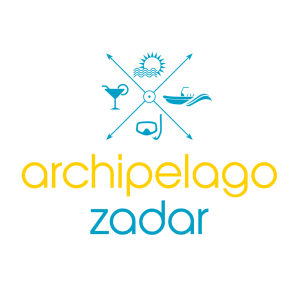Technical Cruise Before Dry Dock
The last technical cruise of the season left the Zadar marina early in the morning. There were no guests, all the tourists were gone; the summer operations had ended weeks ago. This was a technical cruise before the vessel entered the dry dock for maintenance. The crew used the opportunity to check systems, document engine performance, and prepare equipment for storage.
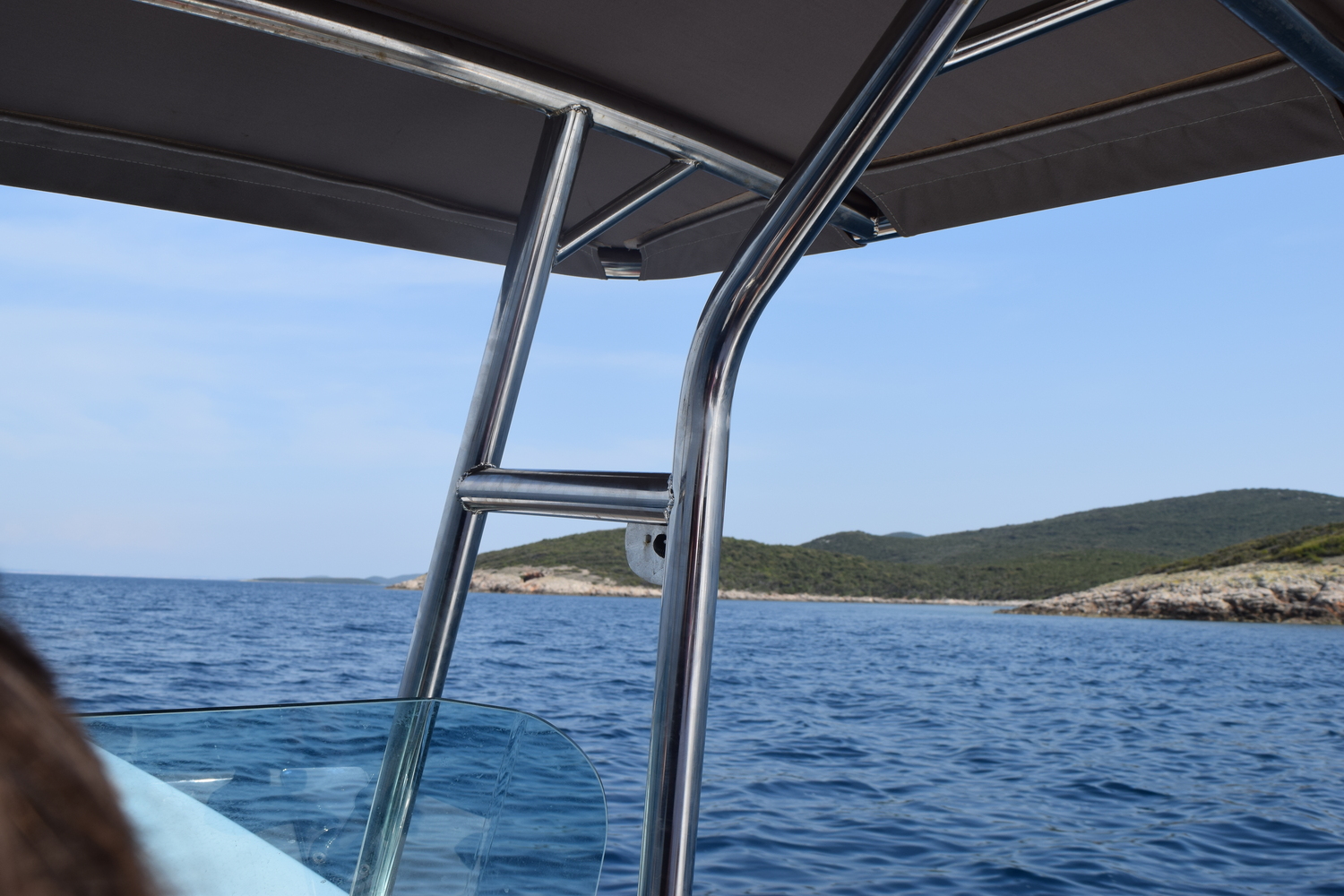
The Zadar archipelago in late October and November is quiet. Most marinas are empty, and the sea traffic has dropped to a minimum. The routes that once carried groups of visitors between islands now serve only for service runs and inspections. For the company, this final outing marks the completion of another operational cycle.
The Empty Waterfront
Zadar’s waterfront shows a clear change once the season ends. The beachfronts are mostly empty. Restaurants and kiosks have closed for cleaning and preparation for the next summer. The sound of construction replaces the sound of tourists. The city operates on a local pace again; the pressure of daily tours and transfers has lifted.
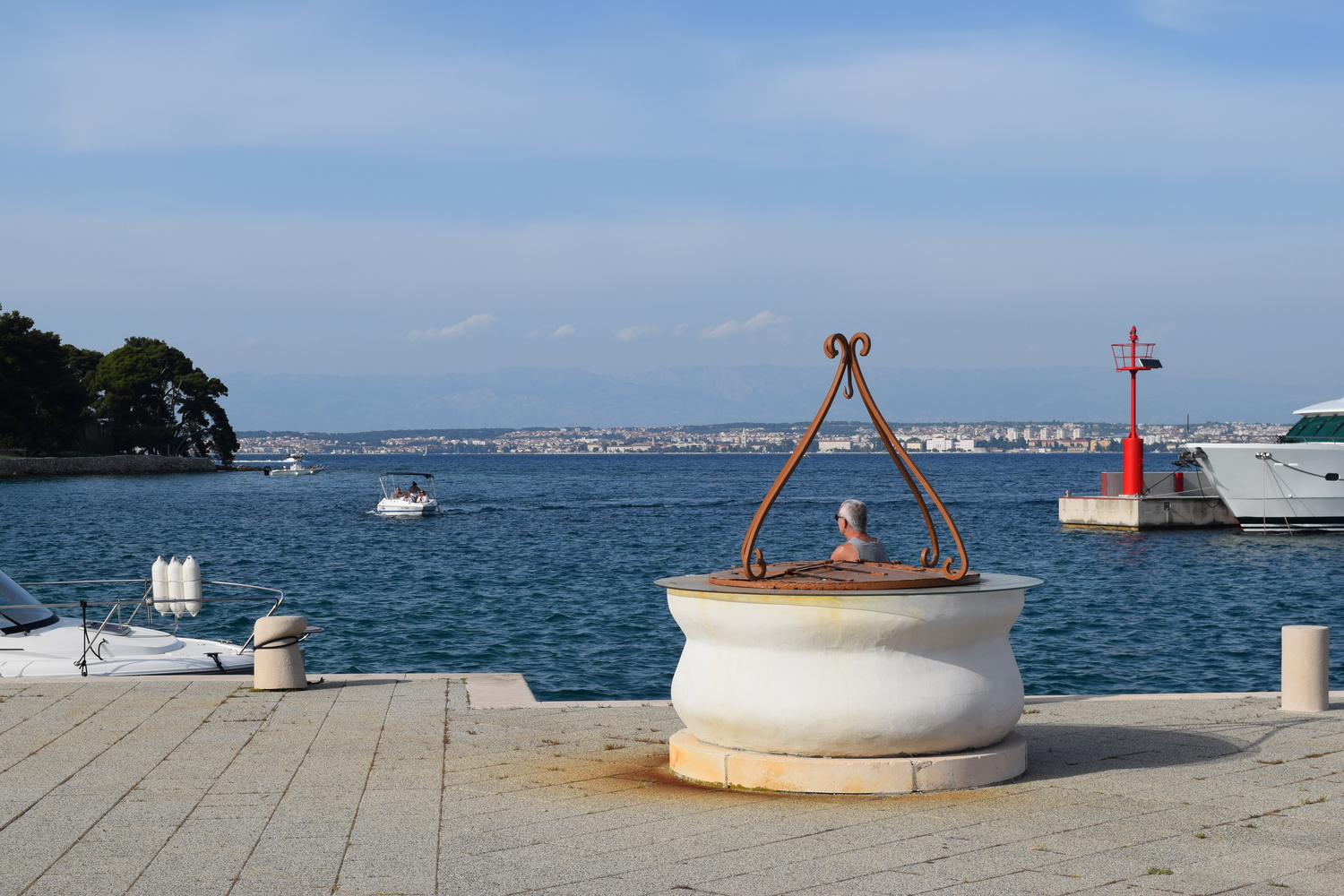
The speedboat passes along the harbour edge and continues toward the open sea. Without other vessels, the trip runs efficiently. The crew records fuel data and navigation logs for future review. The weather is stable; the water temperature has dropped; the visibility remains high. These are standard conditions for post-season technical work.
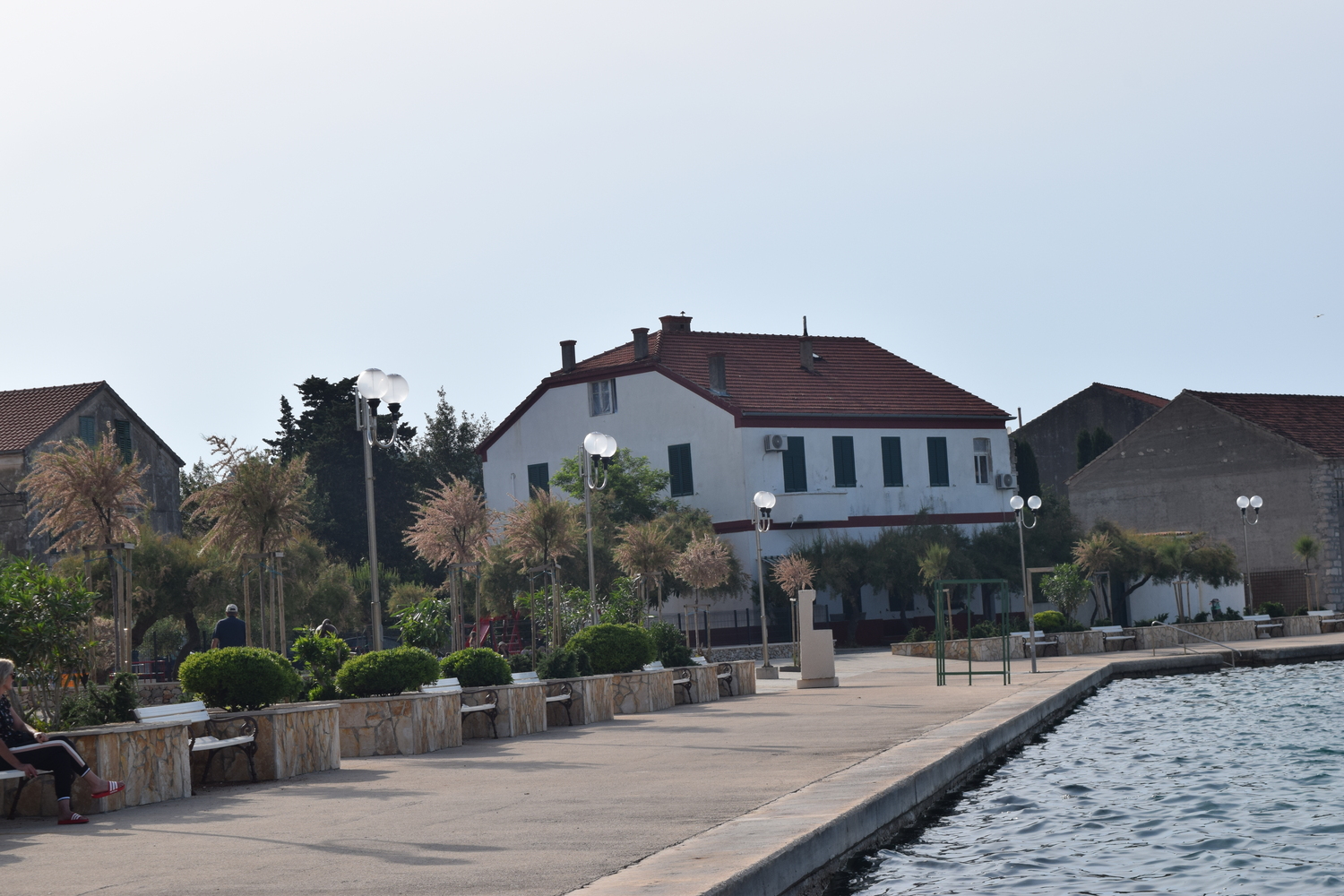
Purpose of the Final Run
Each year, Zadar Archipelago Speedboat Tours performs this last technical cruise before the boats are removed from the water. The aim is practical: test mechanical systems and collect information for winter maintenance. Salt accumulation and minor damage are documented before the boats are lifted and cleaned.
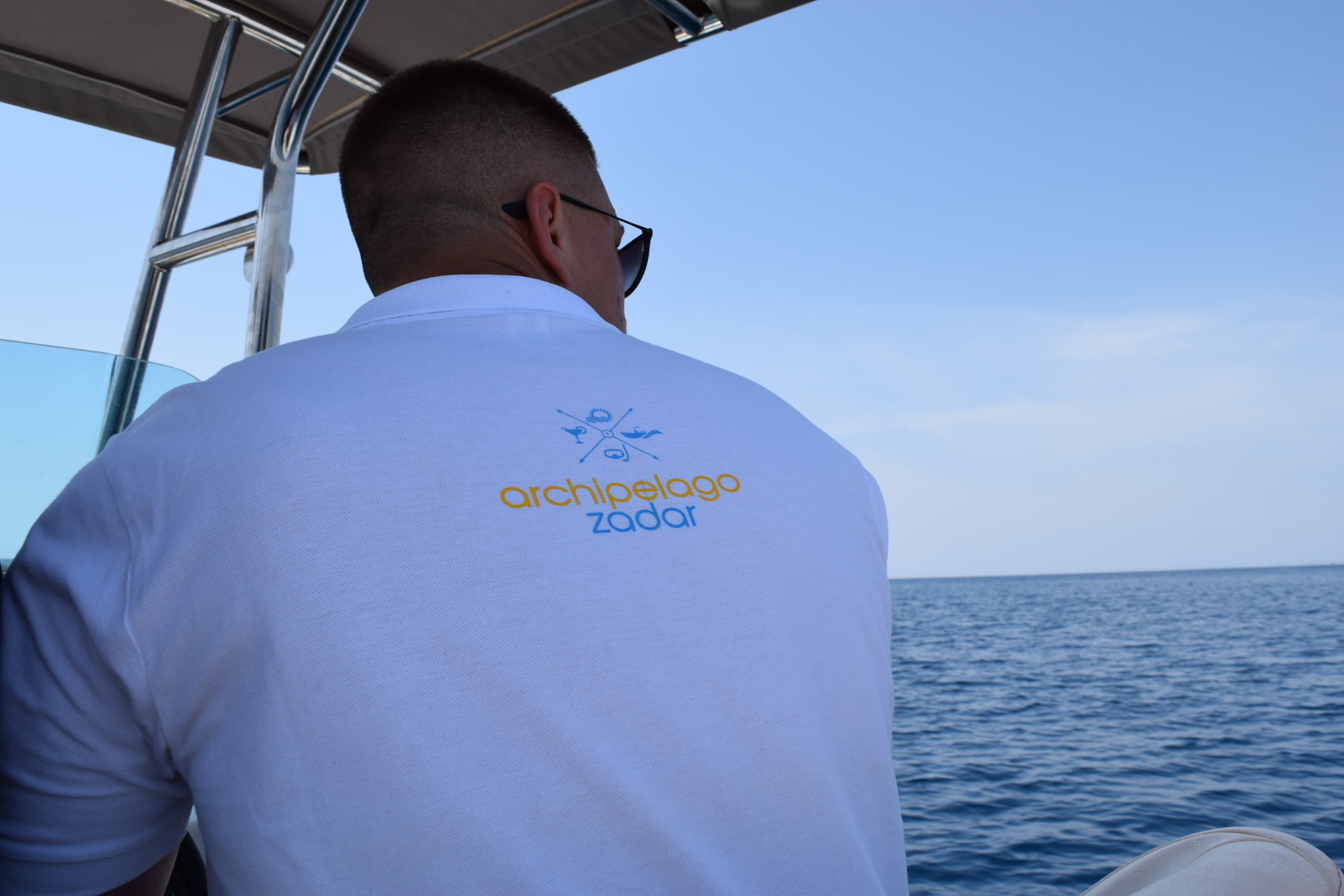
The company maintains a consistent maintenance program because of heavy seasonal use. Engines run long hours between April and September, and combined with the Adriatic saltwater, boats require regular inspection. The crew also uses this period to update navigation equipment and assess potential upgrades for the next season.
Zadar Archipelago in the Off Season
The Zadar archipelago in October presents a very different image from the summer months. The water remains clear, but the number of vessels is minimal. The smaller islands such as Ošljak, Iž, and Molat show limited activity. Local residents continue with fishing and supply runs, but most tourism-related businesses are closed.
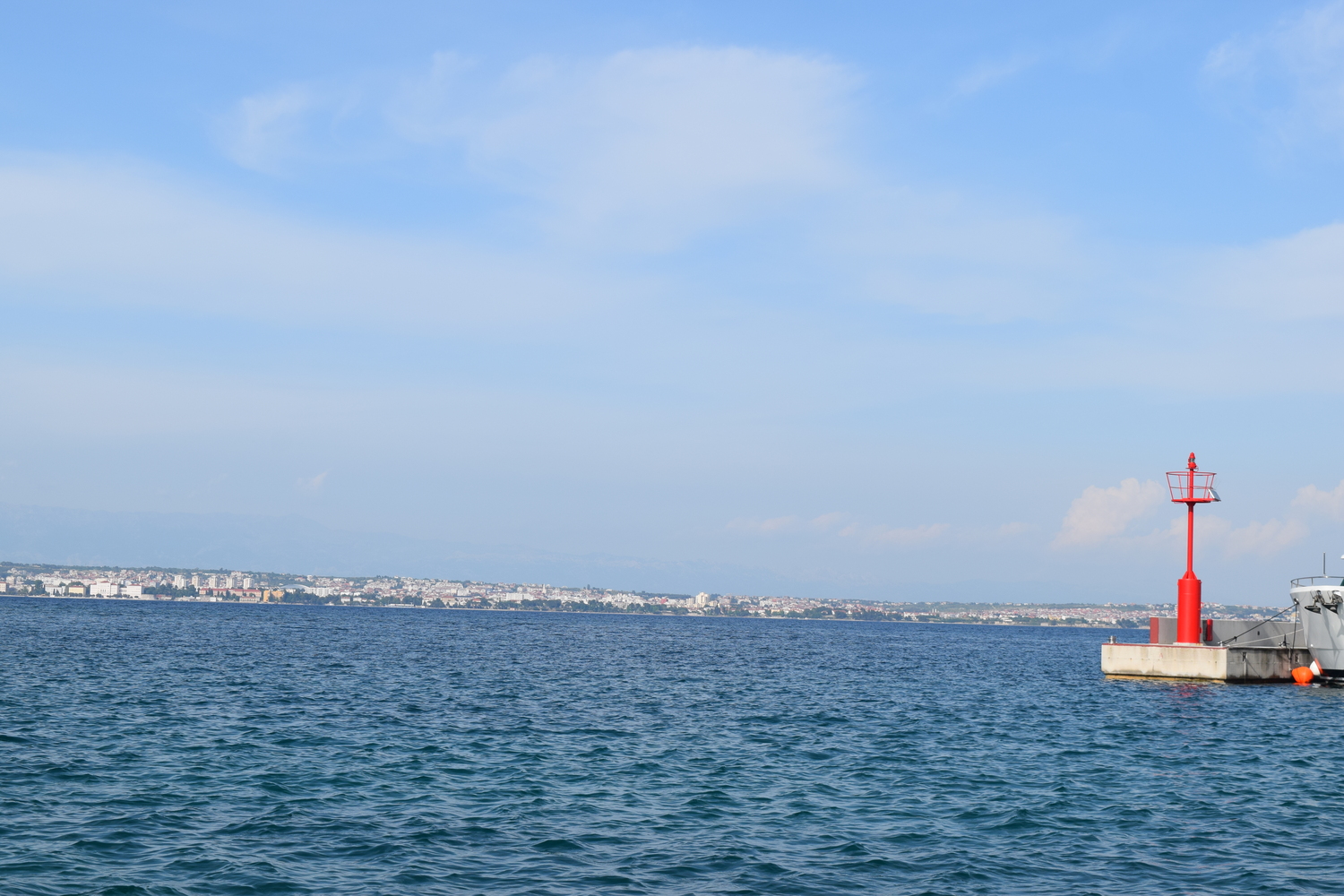
For the technical team, this period provides an opportunity to move between islands without interference. With fewer waves and less wake from other boats, the data collected during system tests is more accurate. The conditions allow for controlled measurements of speed, fuel efficiency, and equipment response.
Planning the Next Season
While the vessels undergo maintenance, the company prepares the operational plans for the next summer. The new boat tour schedules will include updated routes across the Zadar archipelago. There are ongoing discussions about expanding to lesser-visited islands and adjusting departure times for improved flexibility.
The management has confirmed that pricing for 2026 will remain competitive, offering affordable and flexible pricing. The company intends to continue promoting direct online booking and small-group experiences.
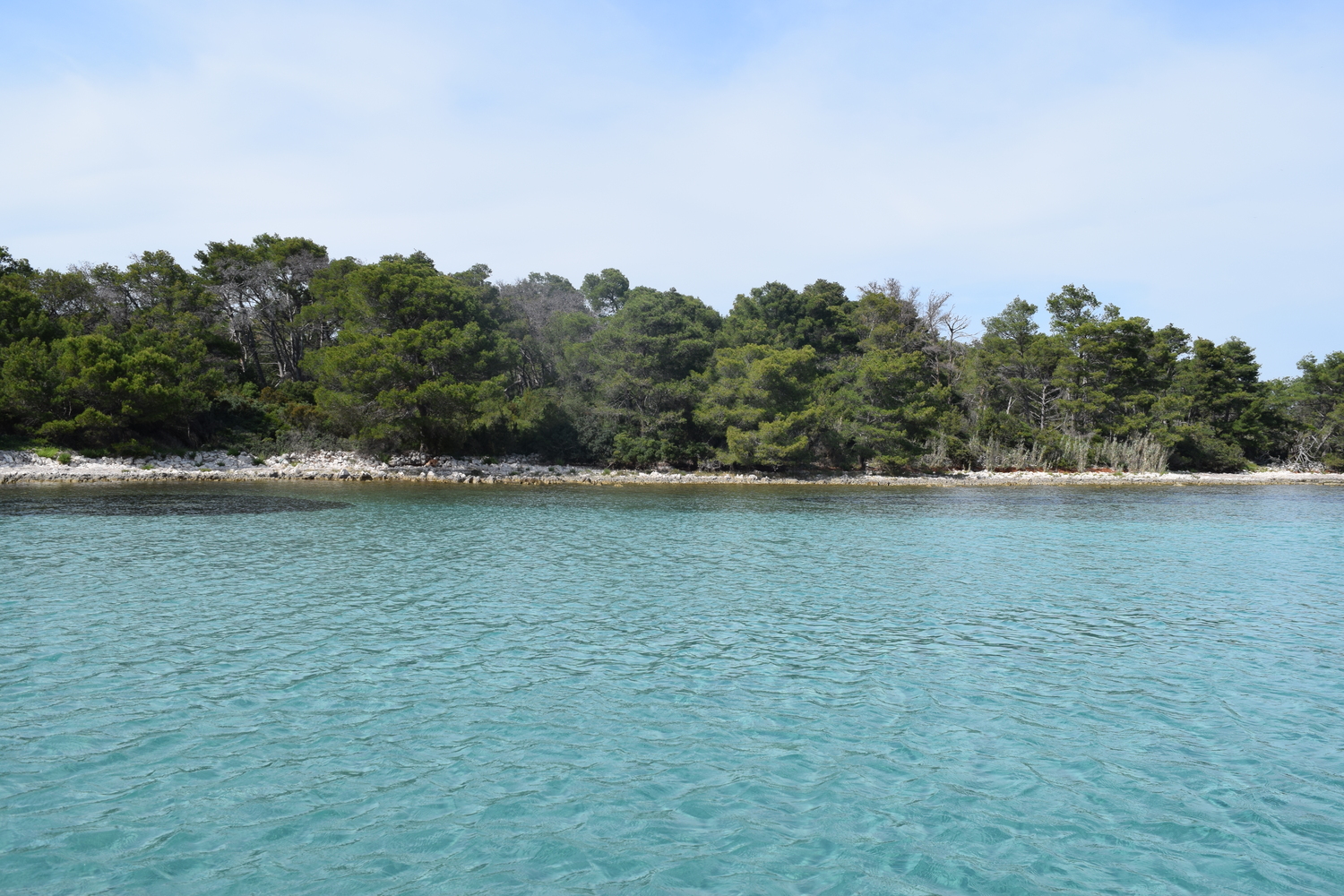
Smaller island communities focus on preparing for winter. Supplies, equipment, and boats are moved inland. The Adriatic returns to a working environment rather than a tourist one.
Return to Port
Zadar’s position as a central hub for maritime tourism remains stable. The Zadar archipelago continues to attract operators due to its proximity to Kornati National Park and accessible transport connections. The upcoming season will focus on route diversification and sustainable operation standards.
The boat returns to Zadar after testing. The logbooks are completed, and the engines are secured. The marina is quiet. The crew begins the process of cleaning and unloading equipment.
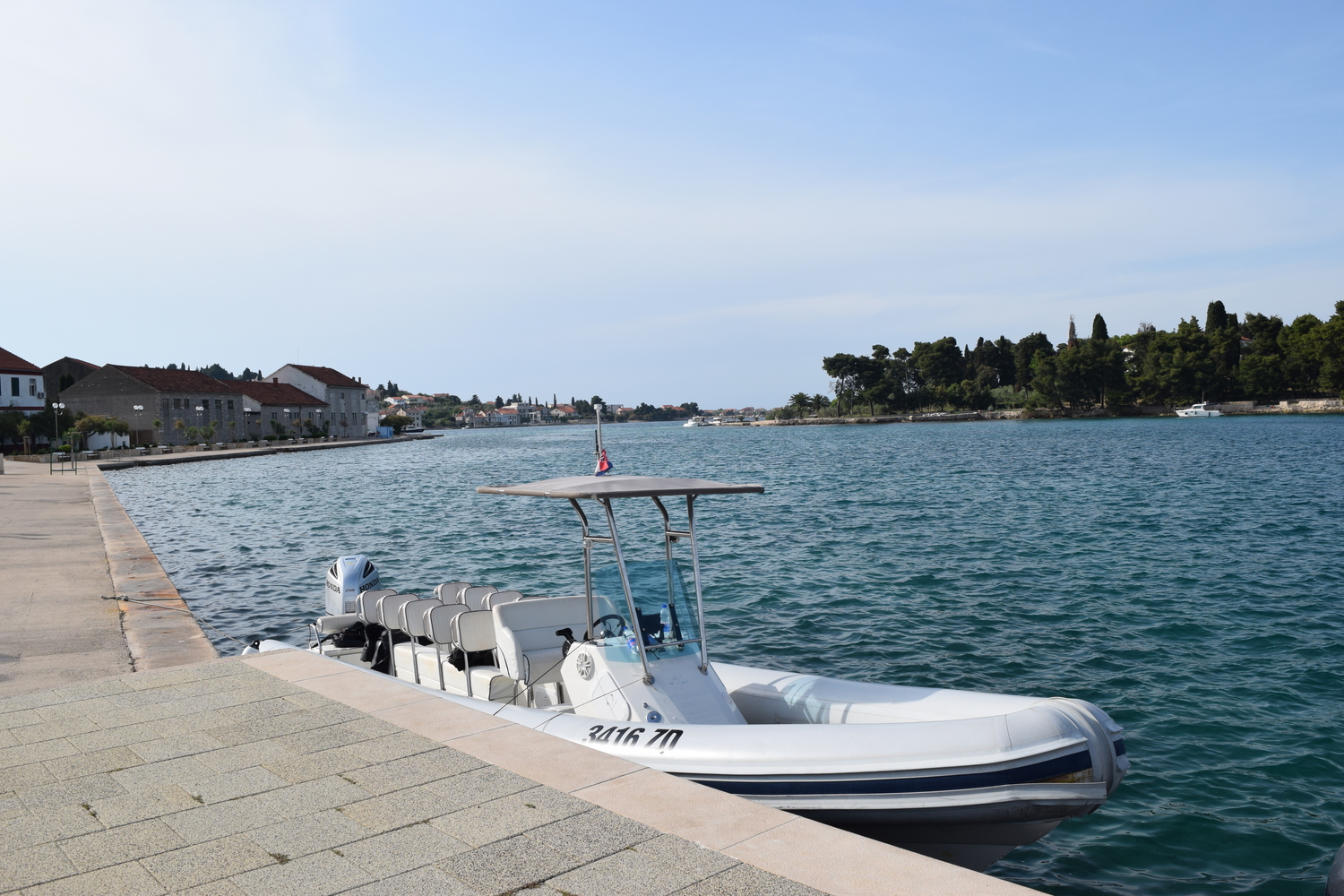
The boat tour season has concluded. The city enters a period of maintenance and planning. When operations resume, the updated fleet will again connect travelers with the islands of the Zadar archipelago. Until then, the Adriatic remains in its off-season state.










